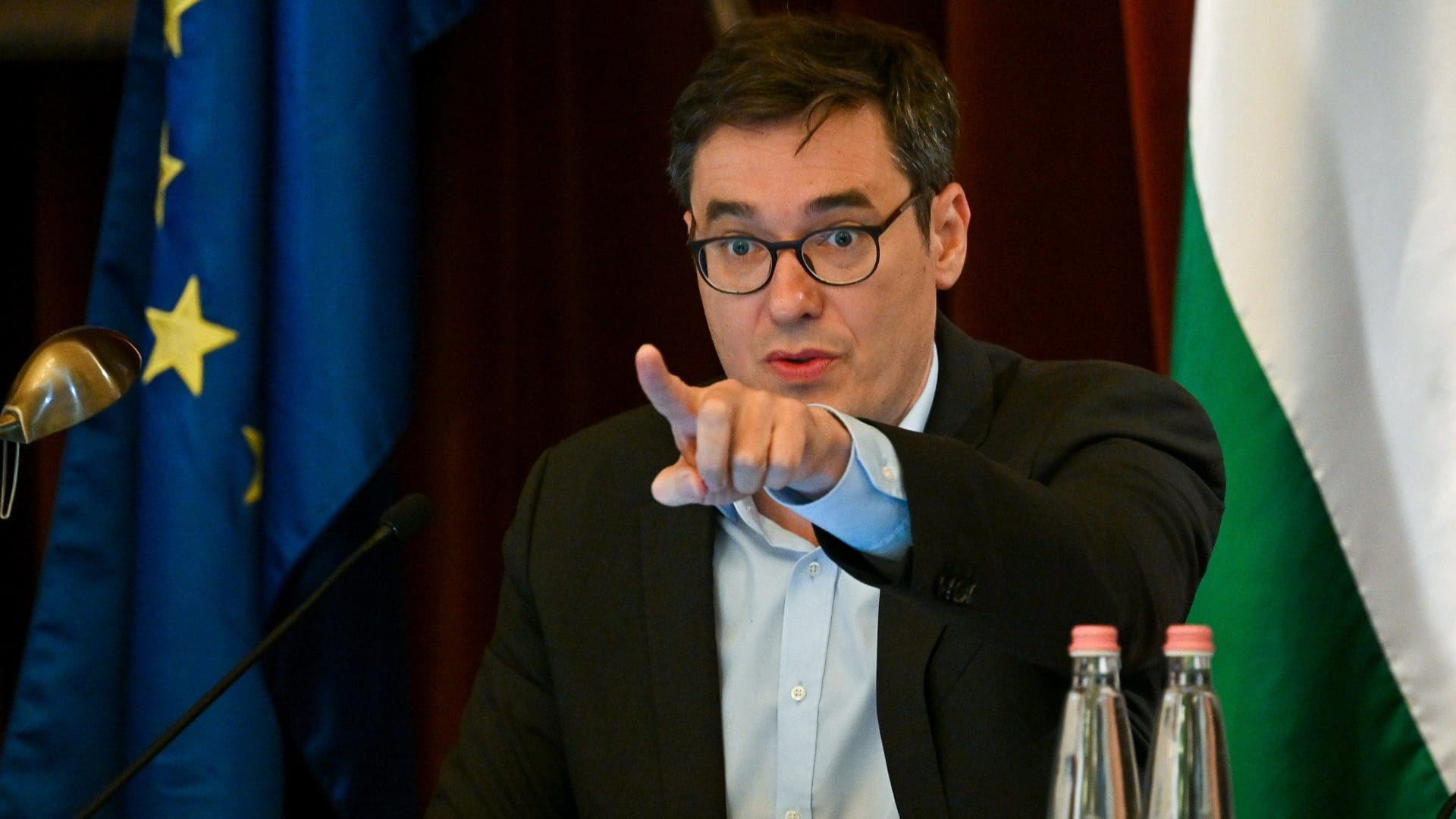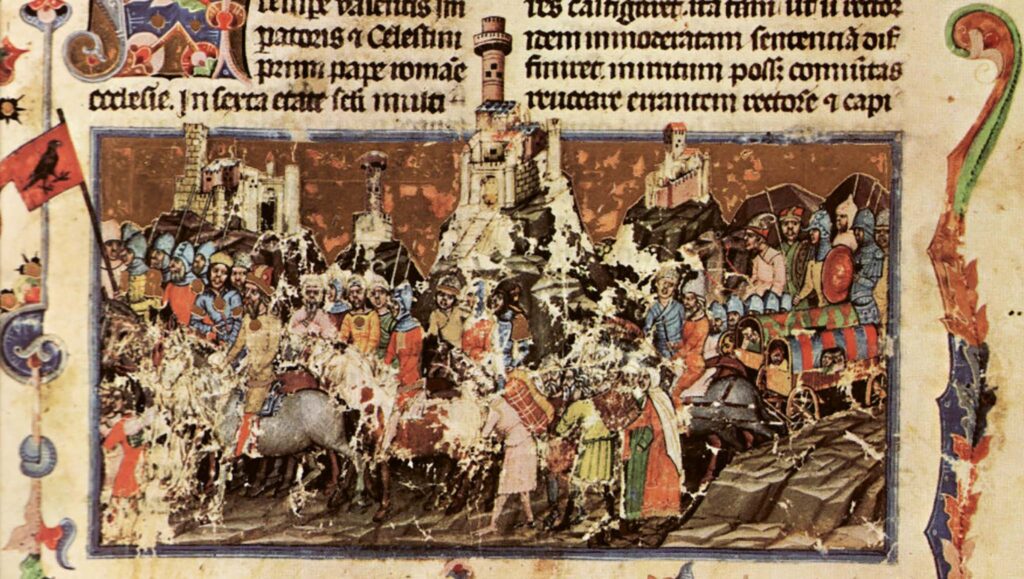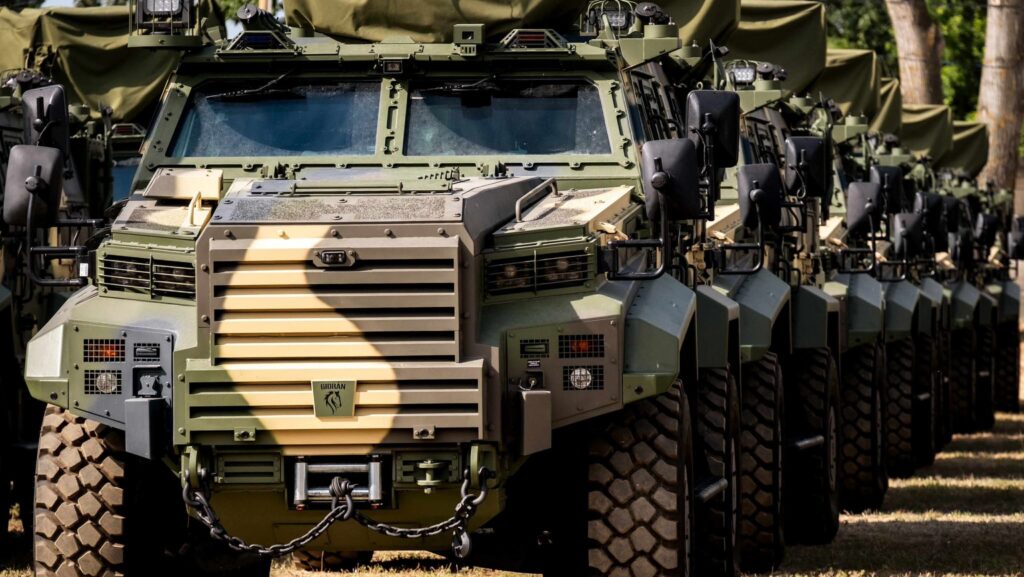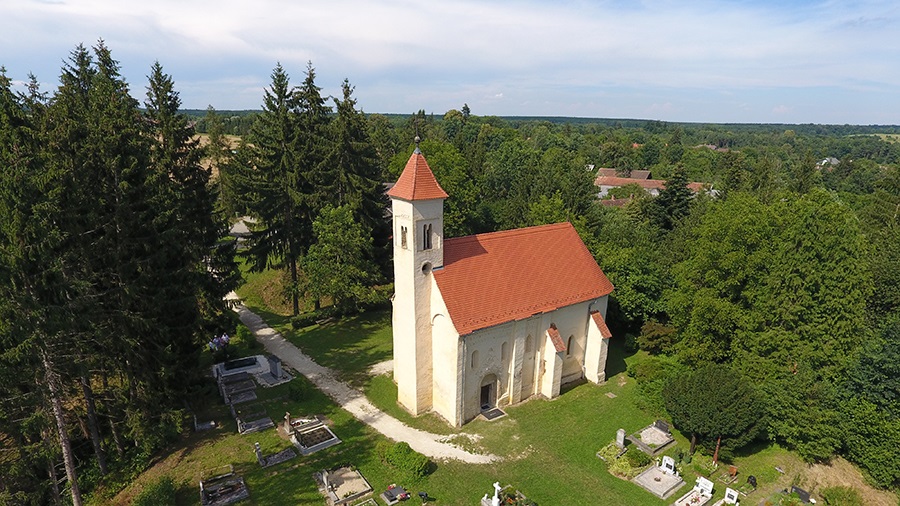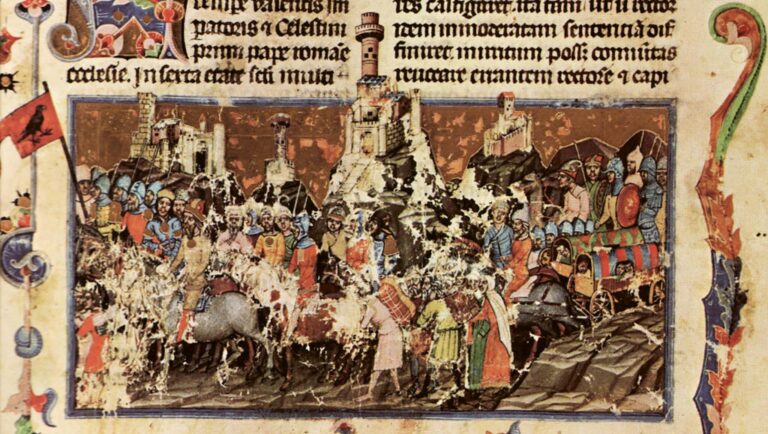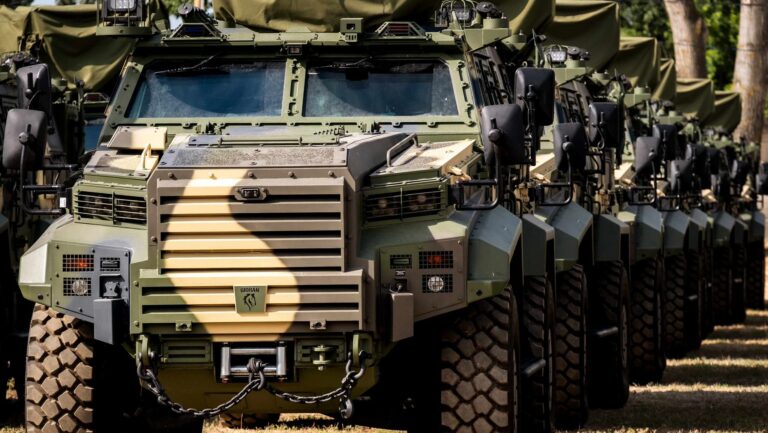Gergely Karácsony is currently serving his first term as Mayor of Budapest, and is preparing for a contentious re-election campaign in 2024. The fact that he once was not only running for prime minister in the first-ever primary election held by the opposition, but was also considered the heavy favourite to clench the nomination, seems like something from the distant past for many.
However,
irregularities in the way his primary campaign was financed caused quite a bit of controversy recently, even drawing criticism from the Mayor’s own side.
Karácsony founded the 99 Movement (99 Mozgalom) in May 2021, with the explicit goal of aiding his campaign in the primary election later, in the autumn of that year. On paper, it was supposed to be an organisation independent from the left-wing political parties backing the Budapest Mayor, the Hungarian Socialist Party (MSZP), Dialogue (Párbeszéd, the party Karácsony is officially a member of), and Politics Can Be Different (Lehet Más a Politika, LMP). However, as the Hungarian weekly magazine Mandiner pointed out in their reporting, both the office address and the phone number for the 99 Movement match those of the Dialogue Party.
And that is only where the peculiarities start.
More importantly, the 99 Movement brought in 653 million HUF in revenue, as per their own public financial reports. This is suspicious for multiple reasons.
First, only 263 million HUF of that came in 2021, while the remaining 390 million HUF was raised in 2022, by the time the organisation was inactive as Mayor Karácsony dropped out of the race. Also, an official statement sent by the movement to the news site 24.hu stated earlier that
the bulk of the 99 Movement’s revenue had been raised through ‘microdonations’, collected in cash placed in drop-boxes at live events held by the organisation.
However, many even in the opposition press agree that it is unlikely that a new organisation like this could have raised so much money from ordinary Hungarian citizens, especially since they were only in full-on operation for a few months.
Mandiner also reported that a big chunk of the money deposited to the 99 Movement’s bank account came in foreign currency wire transfers and cash deposits, in Euros or British Pounds. This is another piece of information that contradicts the already dubious claim that the young movement raised hundreds of millions of forints in microdonations from eager fans of Mayor Karácsony in Hungary.
The financial dealings of the 99 Movement were also included, although briefly, in the investigation conducted by the National Information Centre (Nemzeti Információs Központ, NIK), examining the foreign influence and funding during the 2022 Hungarian parliamentary election as a whole. What it found was that the 99 Movement paid for the services of DatAdat Professional Kft., a supposed computer programming company which ‘operated as an election project company’, as written in the report, to the tune of 616.5 million HUF. Again, peculiarly,
about 90 per cent of that spending occurred after Gergely Karácsony had dropped out of the race in favour Péter Márki-Zay,
despite the fact that the sole purpose of the movement was to support Karácsony’s run for prime minister.
Karácsony Faces Scrutiny, Even From His Own Side
As we wrote above, even the opposition-leaning 24.hu has written about the questionable nature of the mysterious 99 Movement’s finances. They reached out to Dialogue politician and municipal representative Gábor Perjés, who single-handedly handled all the transfers and deposits for the movement, for comment. However, he did not respond.
What’s more, the largest opposition party Democratic Coalition (DK), which is headed by former PM Ferenc Gyurcsány, made a statement to the online news outlet Szabad Európa. In it, even they are hitting a critical tone with the Budapest Mayor as well, saying:
‘In his recent public statements, Gergely Karácsony did not deny that they in fact received over 500 million HUF in funding for their primary campaign. Firstly, Karácsony and the 99 Movement were talking about a lot smaller sums during the primary election; and secondly, they have promised to name all their individual donors. The amount of funding is multiple of what they originally stated it was, and the identities of their donors are still unknown.’
An unnamed source of Mandiner, who they report to be a high-ranking opposition figure, also had a few choice words to say about the Budapest Mayor’s most recent scandal. They are quoted by Mandiner verbatim as follows:
‘It is not impossible that all this took place in accordance with the law. However, it is not realistic to collect half a billion with these [crowdfunding] methods. On top of that, it is strange to have supporters put Euros and Pounds in a drop-box at a Hungarian demonstration. Unfortunately, it appears everybody has f***ed over everybody here. Meanwhile, the opposition parties never saw any of the hundreds of millions of forints collected by Péter Márki-Zay or Karácsony and his crew.’
Related articles:

